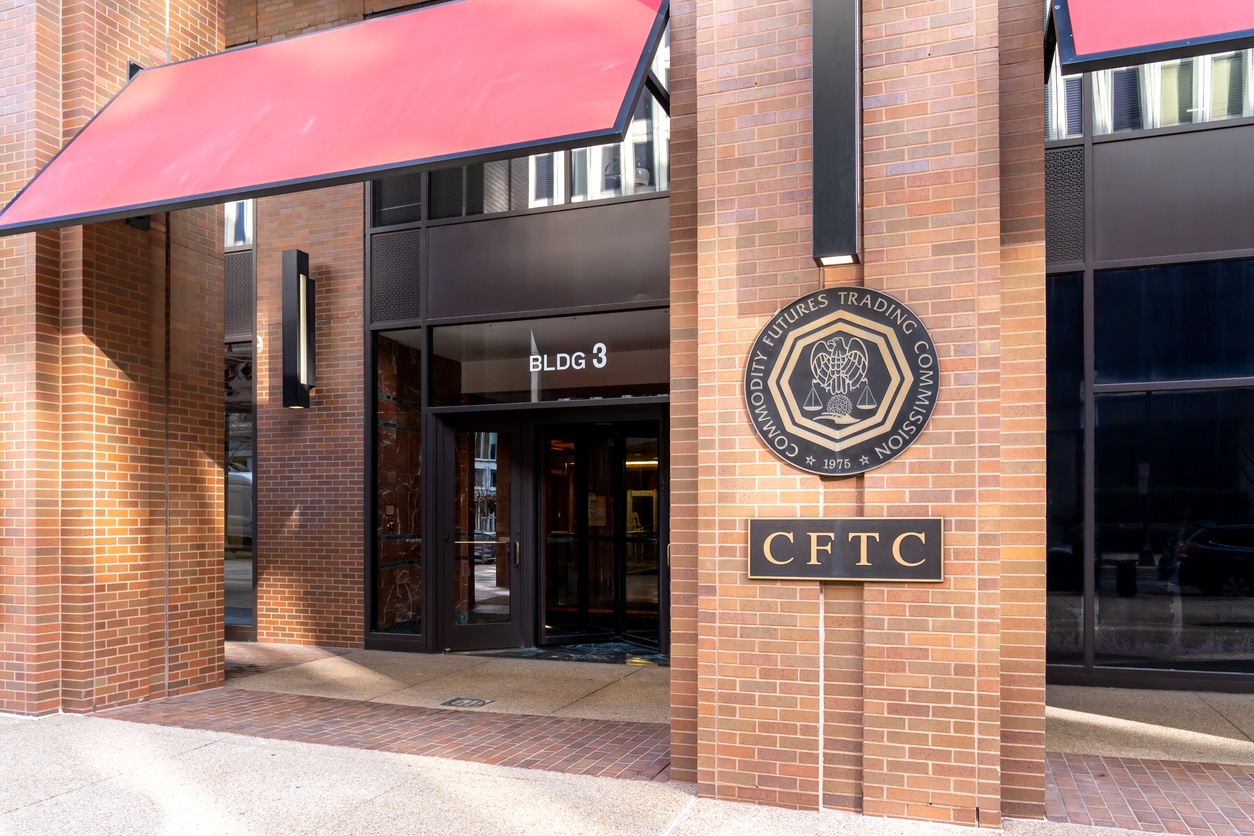Blowing the Whistle on Illegal Crypto Assets
Cryptocurrency fraud whistleblowers who report alleged violations to regulators, such as market manipulation, money laundering, tax avoidance, or other scams (through the guise of crypto), can earn awards under various federal whistleblower reward programs.
May 14, 2025

This information is provided for educational purposes only by Kohn, Kohn & Colapinto and does not constitute legal advice. No attorney-client relationship is created by accessing this content. Laws and regulations may change, and this material may not reflect the most current legal developments. If you believe you have a whistleblower claim, consult a qualified attorney to discuss your specific circumstances.
A crypto asset also known as cryptocurrency is a type of digital or virtual currency that utilizes cryptographic technology for secure transactions, control the creation of new units, and verify the transfer of assets. It exists purely in electronic form and is not issued or regulated by any central authority, such as a government or financial institution.
One of the most well-known crypto assets is Bitcoin (BTC), which was created in 2009 as the first decentralized cryptocurrency. Since then, numerous other crypto assets have been developed, each with its own unique features and purposes. Examples include Ethereum (ETH), Ripple (XRP), Litecoin (LTC), and many more.
Ex-SEC Chair and Former Commissioner Allison Herren Lee Strengthens Kohn, Kohn & Colapinto’s Legal Team as Of Counsel
We are proud to announce the addition of Allison Herren Lee, a highly respected former SEC acting chair and commissioner to our team. Her extensive knowledge of the Dodd-Frank Act and SEC Whistleblower Program equips her to passionately defend whistleblowers and aid them in obtaining rewards for their actions. If you are an SEC whistleblower prepared to confidentially voice a concern, Allison Lee is on hand to support you.
What is a Legal Crypto Asset?
A legal crypto asset is one that aligns with the laws and regulations of a certain jurisdiction. Crypto legality varies from country to country because every government has different regulations regarding cryptocurrency. In some countries, crypto is banned while in others it is extremely regulated. The legal status of a crypto asset depends on factors such as its classification (e.g., as a currency, security, or utility token), the purpose for which it is used, and the regulatory framework in place.
An example of this is Bitcoin (BTC). Bitcoin is legal in many countries although regulations vary in each country to uphold their regulations on bitcoins use and taxation. The reason some countries do not allow for cryptocurrency to be legal is fear of money laundering and consumer protection.
Legal Crypto Assets in the US
In the United States, crypto assets are legal varying on how they are classified and regulated. Here are some key points regarding legal crypto assets in the United States:
- Bitcoin (BTC): Bitcoin for the most part is legal in the United States. It is classified as a decentralized virtual currency and is not classified as a security.
- Securities: Some crypto assets may be classified as securities which fall under regulatory review of the SEC. Examples of cryptos that are securities include certain initial coin offerings (ICOs) and tokens offered through investment contracts.
- Commodities: certain crypto assets like Bitcoin and Ethereum are considered commodities by the US Commodity Futures Trading Commission (CFTC). This means they are subjected to regulation under the Commodity Exchange Act. In an article written in July 2023 of the WSJ, Director of CFTC’s Whistleblower Program stated that about 40% of the tip submissions at the CFTC are related to crypto assets.
- Money Transmission: Crypto asset businesses engage in money transmission activities that can be subject to state level money transmitter licensing requirements. These requirements vary from state to state and aim to ensure compliance with anti-money laundering (AML) and know your customer (KYC) regulations.
- Taxation: The IRS treats crypto assets as property for tax purposes. So they are subject to capital gains when sold or exchanged. There are a variety of tax reporting requirements that exist for individuals and businesses involved in crypto asset transactions.
What is an Illegal Crypto Asset?
The legality of cryptocurrencies varied from country to country. While some countries have embraced cryptocurrencies and established regulatory frameworks to govern their use, others have imposed restrictions or outright bans on certain aspects of cryptocurrency activities.
However, it’s important to note that cryptocurrencies themselves are not inherently illegal. They are digital assets that use cryptography for secure financial transactions. The legality of specific cryptocurrencies or their use depends on various factors, including the jurisdiction in which they are being used and the activities surrounding them.
That being said, certain activities within the cryptocurrency space can be considered illegal. For example, engaging in money laundering, terrorist financing, or other forms of illegal activities using cryptocurrencies would be considered illegal. Additionally, participating in fraudulent schemes or scams involving cryptocurrencies is also illegal.
Examples of Crypto being used Illegally
In the case of Securities and Exchange Commission v. Green United, LLC, Wright W. Thurston, and Kristoffer A. Krohn, No. 2:23-cv-00159 (D. Utah filed March 3, 2023). Wright Thurston and Kristoffer Krohn created an illegal crypto currency called “Green Boxes”. They marketed crypto as a great way for investors to make money because if the value of Green increased then the investors would make a lot of money. However, the investors were not actually mining “Green Boxes” but instead were mining BitCoin and they were making no profit.
The SEC charged them with Section 17(a) of the Securities Act and Section 10(b) and Rule 10b-5 of the Securities Exchange Act of 1834 (“Exchange Act”); Thurston with violating Sections 17(a)(1) and (3) of the Securities Act and Section 10(b) and Rules 10b-5(a) and (c) of the Exchange Act; and Krohn with violating Sections 17(a)(2) and (3) of the Securities Act and Section 15(a)(1) of the Exchange Act.
Monetary Rewards for Crypto Whistleblowers
You can get a monetary reward for blowing the whistle on a cryptocurrency if your information has to be original, timely information and credible information. Those who report securities or commodities violations can receive rewards between 10 and 30 percent of an enforcement action of more than $1 million.
Whistleblowers who would like to report violations of securities or commodities fraud anonymously must submit SEC form TCR (“Tip, Complaint or Referral”) to the SEC with the help of a whistleblower attorney.
Since cryptocurrency whistleblowing is extremely complicated because of the nature of the schemes it is highly recommended to contact or hire a whistleblower attorney to help you.
Additional Resources
Securities & Exchange Commission
- What is an SEC Whistleblower?
- Qualifying For SEC Whistleblower Rewards
- Reporting Anonymously As An SEC Whistleblower
Commodities Future Trading Commission
Internal Revenue Service




